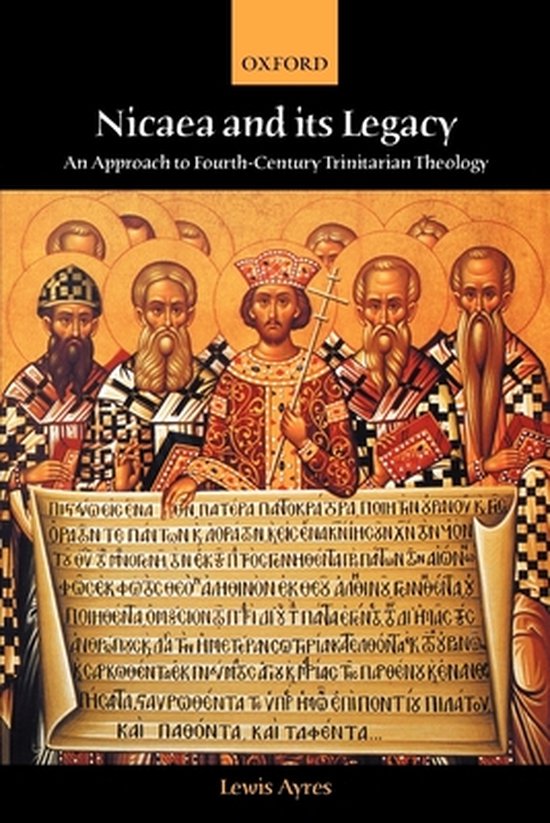
Nicaea & Its Legacy
Lewis Ayres offers a new account of the most important century in the development of Christian belief after Christ. He shows how the doctrine of the Trinity was developed, and in particular argues that a conception of God's mysteriousness and spiritual progress towards understanding is central to that doctrine.
The first part of Nicaea and its Legacy offers a narrative of the fourth-century trinitarian controversy. It does not assume that the controversy begins with Arius, but with tensions among existing theological strategies. Lewis Ayres argues that, just as we cannot speak of one `Arian' theology, so we cannot speak of one `Nicene' theology either, in 325 or in 381. The second part of the book offers an account of the theological practices and assumptions within which pro-Nicene theologians assumed their short formulae and creeds were to be understood. Ayres also argues that there is no fundamental division between eastern and western trinitarian theologies at the end of the fourth century. The last section of the book challenges modern post-Hegelian trinitarian theology to engage with Nicaea more deeply.
The first part of Nicaea and its Legacy offers a narrative of the fourth-century trinitarian controversy. It does not assume that the controversy begins with Arius, but with tensions among existing theological strategies. Lewis Ayres argues that, just as we cannot speak of one `Arian' theology, so we cannot speak of one `Nicene' theology either, in 325 or in 381. The second part of the book offers an account of the theological practices and assumptions within which pro-Nicene theologians assumed their short formulae and creeds were to be understood. Ayres also argues that there is no fundamental division between eastern and western trinitarian theologies at the end of the fourth century. The last section of the book challenges modern post-Hegelian trinitarian theology to engage with Nicaea more deeply.
| Auteur | | Lewis Ayres |
| Taal | | Engels |
| Type | | Paperback |
| Categorie | | Kunst & Fotografie |